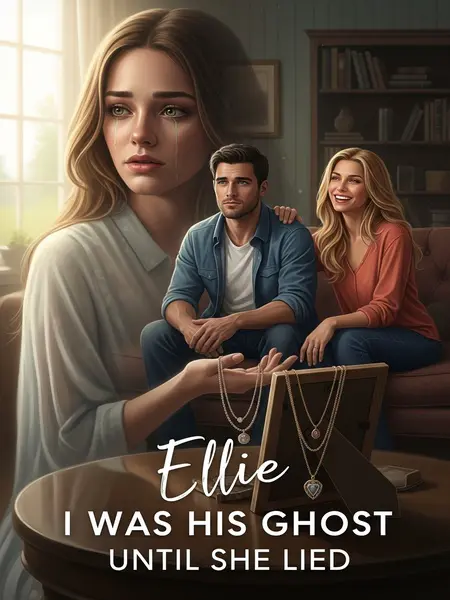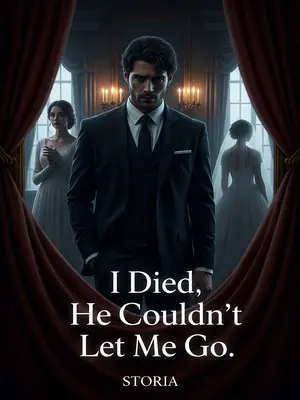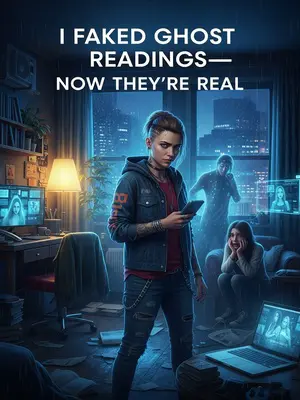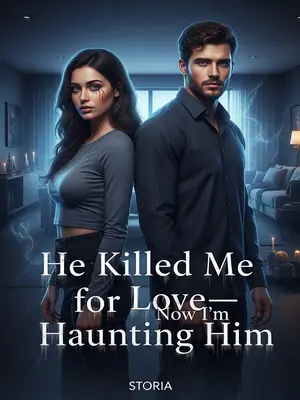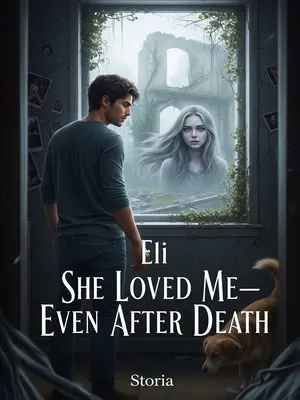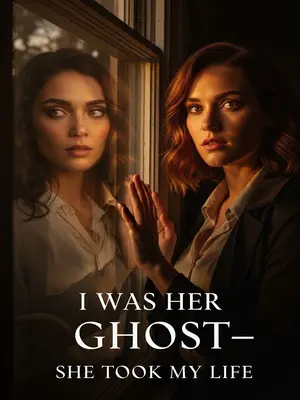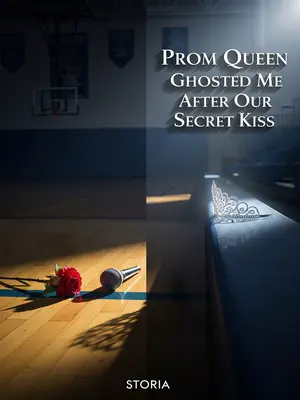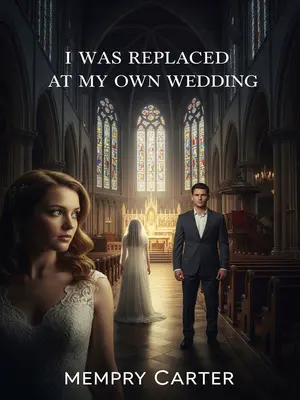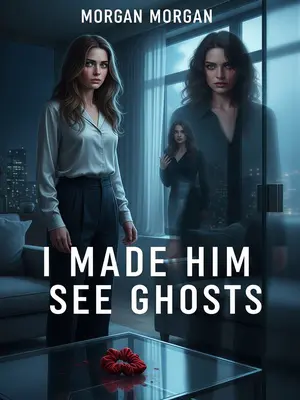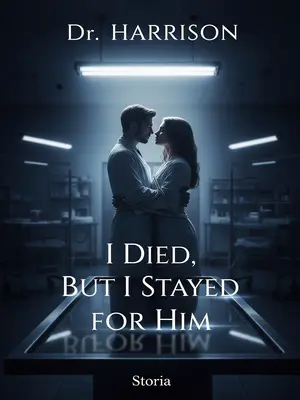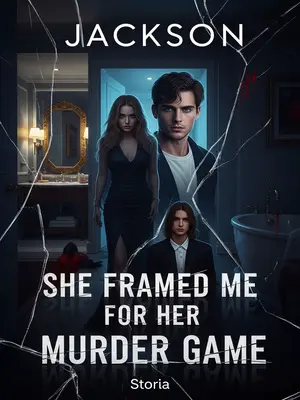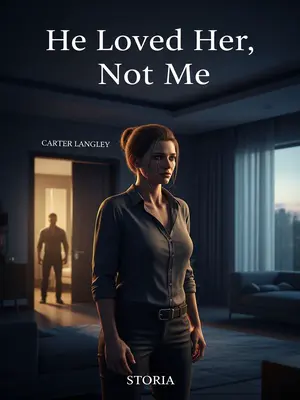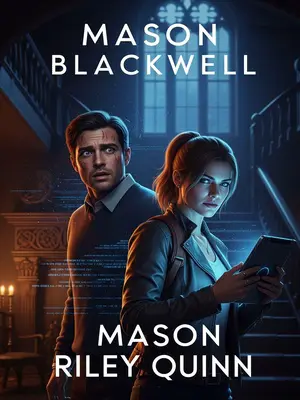Chapter 2: Living Inside Someone Else’s Story
It was when I was eighteen that I found out I was living inside a book. Mason was the main character, and I was the first love doomed to die young and haunt him forever. In the story, we only had three years to love each other before I died of cancer. So I kept my feelings in check. I kept my distance from Mason.
That revelation hit me like a freight train. It was surreal—like waking up and finding out your whole life was just a story. I tried to fight it, to change the ending, but the words on the page felt set in stone. Still, I couldn’t help but hope I’d find a loophole, some way to rewrite fate. My heart refused to give up.
At nineteen, Mason didn’t understand why I suddenly grew cold toward him. He tried everything, kept trying, no matter how many times I pushed him away. Later, there was a fire at school. He was the only one who rushed in to save me. The scar—almost four inches long—snaked down his arm. He missed his SATs and lost his shot at the Air Force Academy.
I’ll never forget that day—the sirens, the choking smoke, the way Mason burst through the flames like a comic book hero, cape or not. He barely hesitated, just barreled in after me. The doctors said he was lucky, that the scar could’ve been much worse. But he never complained—not once. He just shrugged, said it was worth it.
But Mason just comforted me:
"Ellie, I had to go in. It’s not your fault."
His words were simple, but I felt the weight behind them. He brushed soot from my cheek, his eyes fierce and unwavering. In that moment, I realized he’d always choose me, no matter the cost. That kind of love—reckless, stubborn, and true—was both a blessing and a curse. My throat tightened.
That night, I told him I felt the same. I told myself, if stomach cancer is caught early, it can be cured. The story in my dreams didn’t have to come true. Maybe we could beat the odds.
I let myself believe in hope, even when the odds were stacked against us. We made promises under the stars, carved our initials into the old oak tree behind the school. For a while, it felt like we could outrun fate. Maybe we were writing our own story after all. I let myself dream.
After we graduated college, we got married. I did tons of research, went to the hospital for check-ups every few months. Mason was even more anxious than I was—he practically memorized every test result. But life rarely goes as planned. I didn’t understand—if I caught it so early, how did it turn terminal in just a month? So sudden. So unfair. It hit like a punch to the gut.
Our wedding was small, just family and a handful of close friends. Mason cried during the vows—big, ugly tears that he tried to hide behind his hand. We spent our honeymoon in a tiny cabin by Lake Erie, cooking s’mores over the fire and planning a future that, in the end, was never ours to keep. When the diagnosis came, it felt like the world spun out from under me. None of the research, none of the appointments, could prepare us for how fast everything unraveled.
During that time, Mason was like a ghost. Half his hair turned gray, and he was sleepless night after night. But when he came to see me, he’d always act cheerful, pull on a baseball cap, and tell me he wasn’t scared. He’d squeeze my hand and wink, trying to make me believe it, too.
He’d bring me sunflowers, my favorite, and crack corny jokes to make me laugh. But I saw the way his hands shook when he thought I wasn’t looking, the way he’d stand in the hospital hallway, staring at the ceiling, fighting tears. He tried so hard to be strong for me, but his grief was always just beneath the surface, waiting to break through.
But the miracle never came. Before I died, I hid three necklaces and arranged for someone to send Mason a new address where he could find each one—one each year:
"Babe, this is my favorite necklace. Remember to light a candle for me every year, okay? I want to look beautiful, even on the other side."
I wanted him to have a ritual, something to keep him grounded when the world felt too empty. I pictured him lighting that candle, whispering my name into the dark. It was my way of holding onto him, even after I was gone. Maybe it was selfish. But I couldn’t bear the thought of him forgetting me too soon. The idea of fading from his memory terrified me.
That promise kept Mason from ending his own life, again and again. Because of his love for me, he fell into despair, but that same love made him hold on and keep going. It was a double-edged sword.
I watched him struggle. I watched him claw his way back to the surface every time the grief threatened to drown him. He kept his promise, even when it hurt. That stubbornness—the thing I loved most about him—became his lifeline. I was proud and heartbroken all at once.
